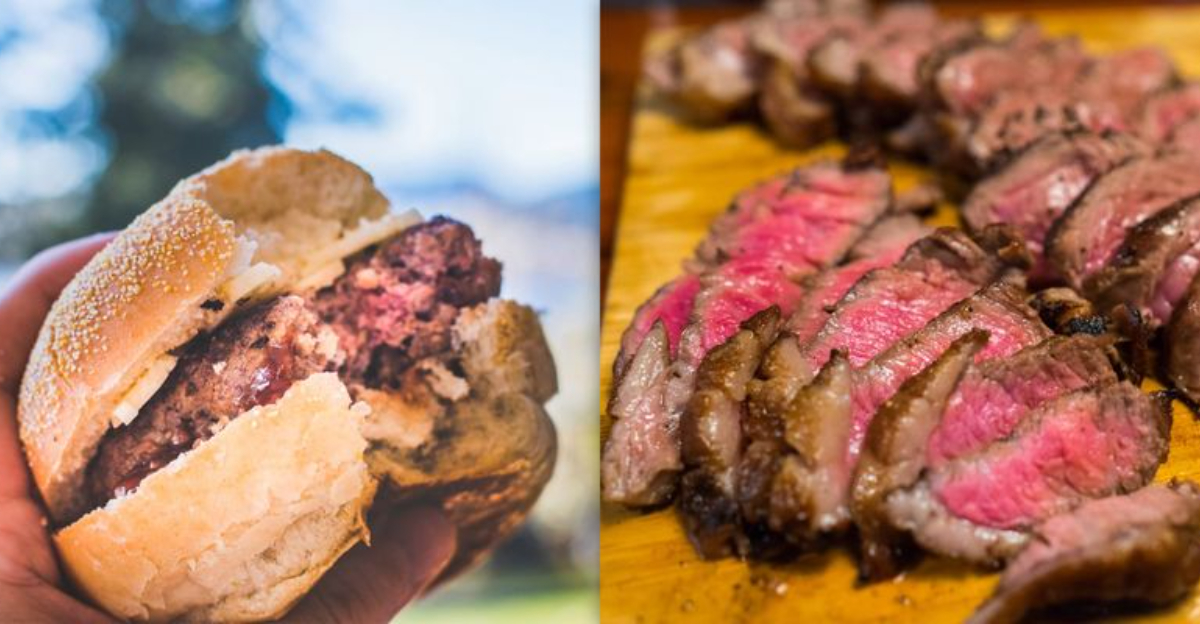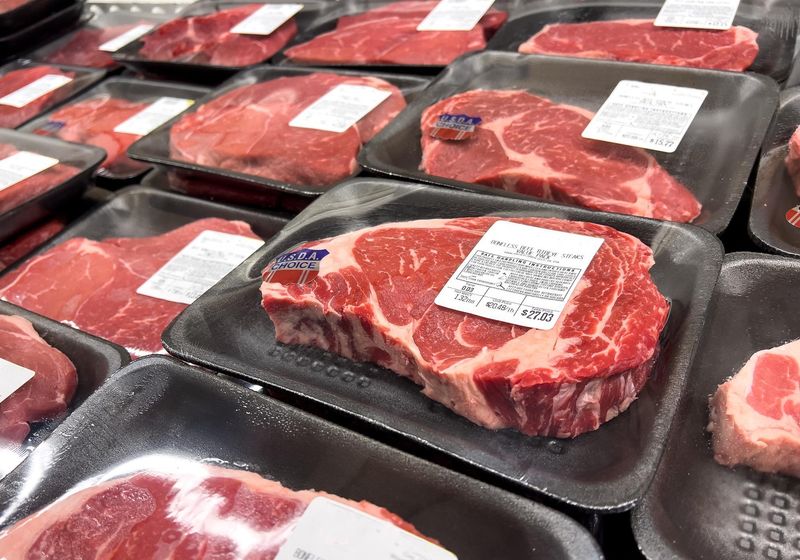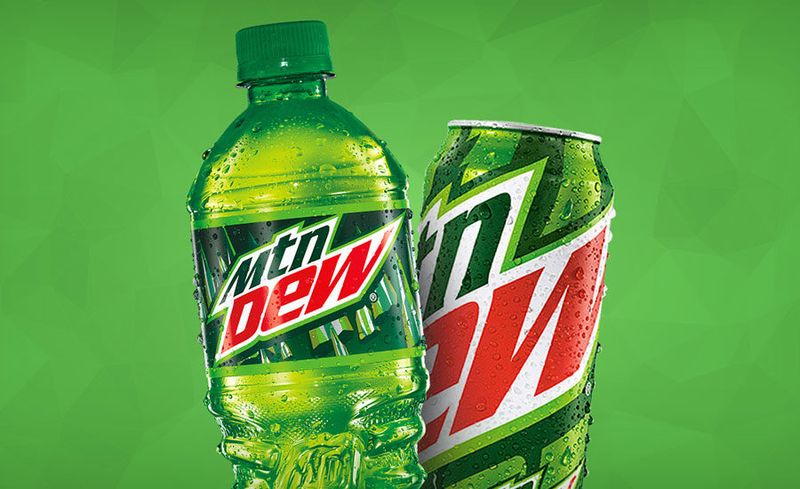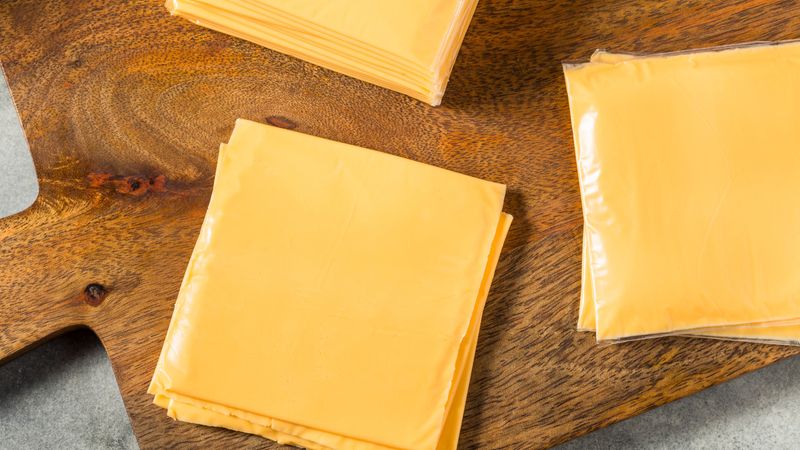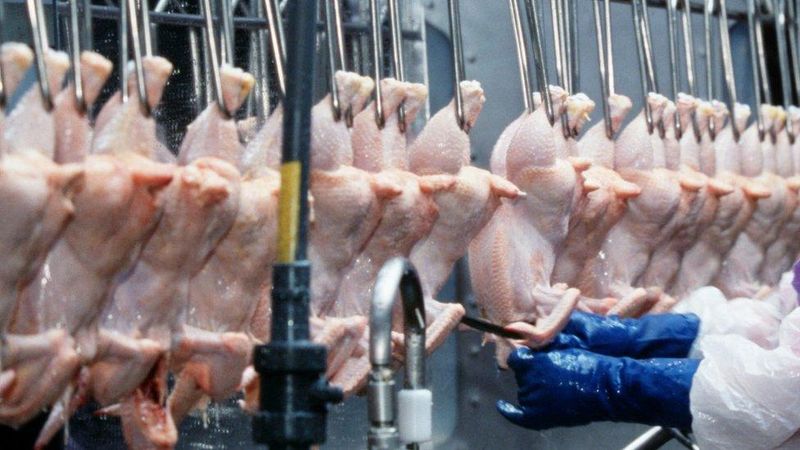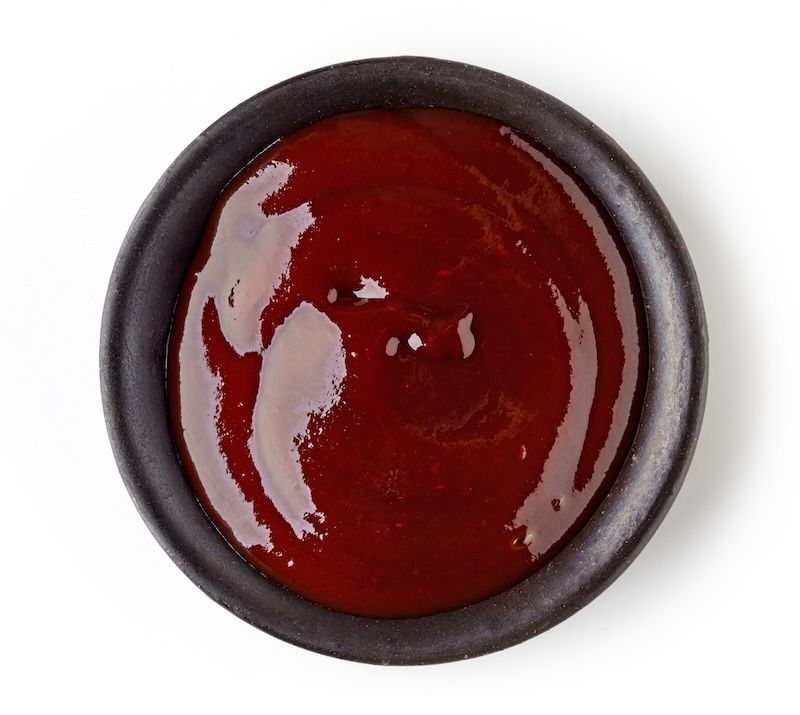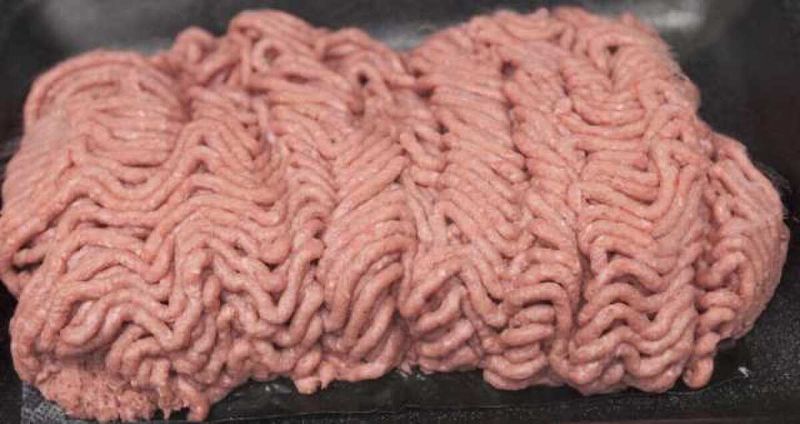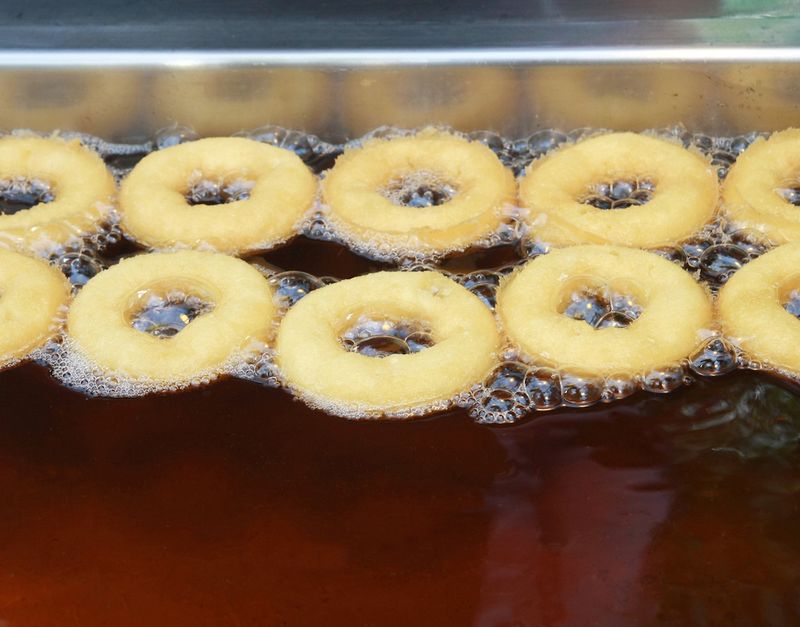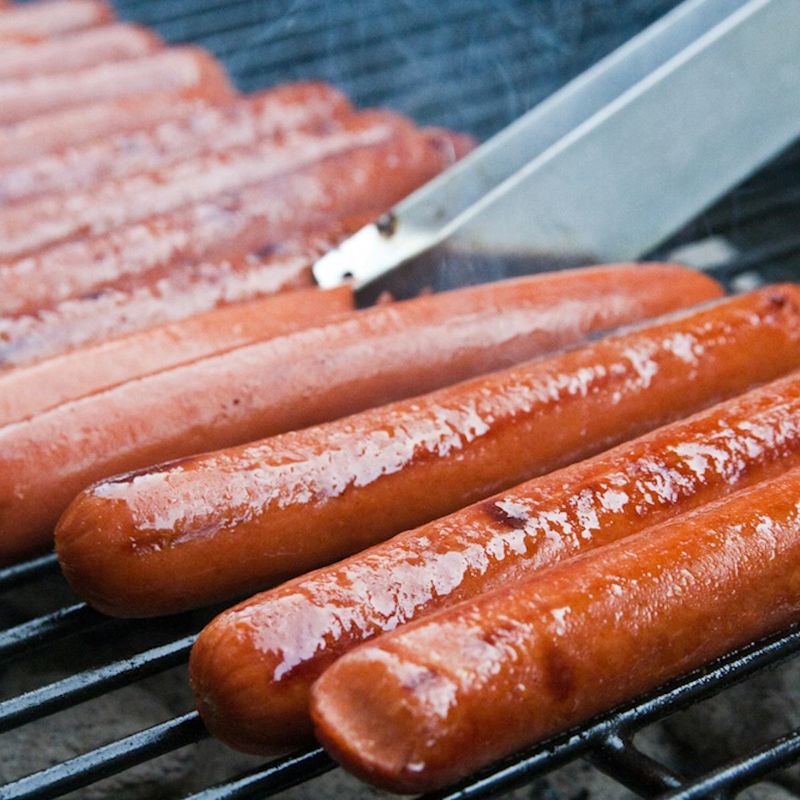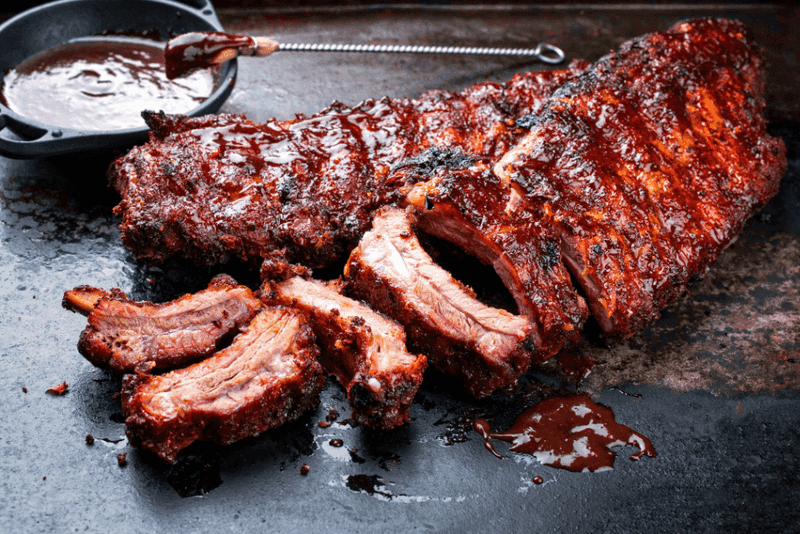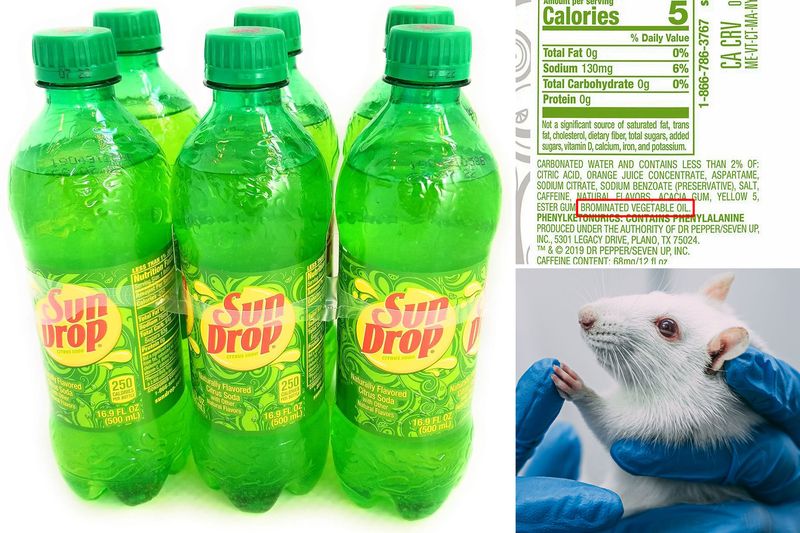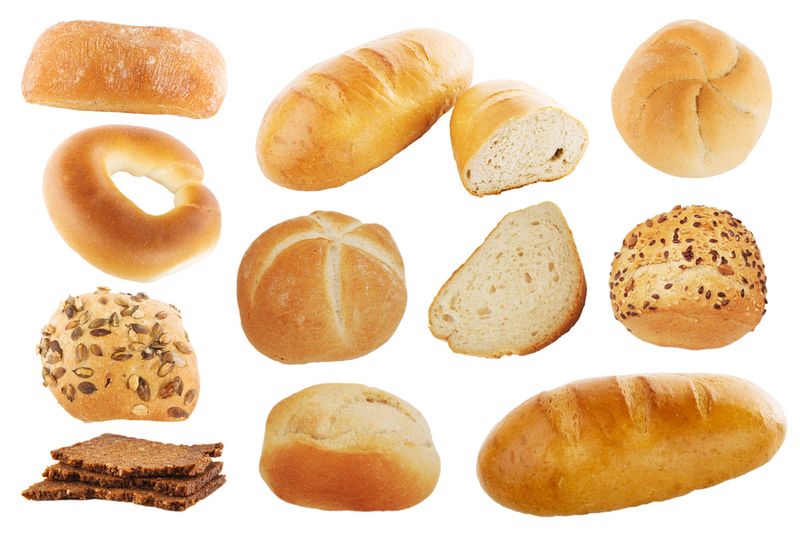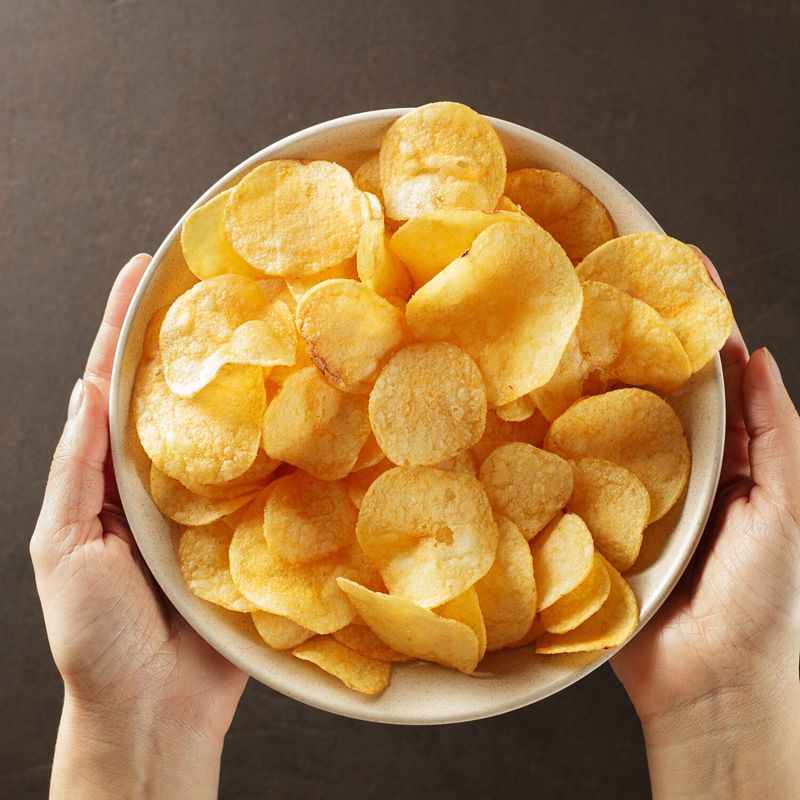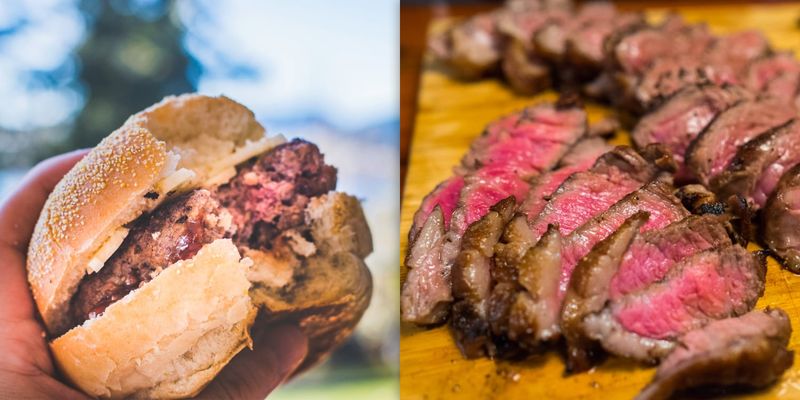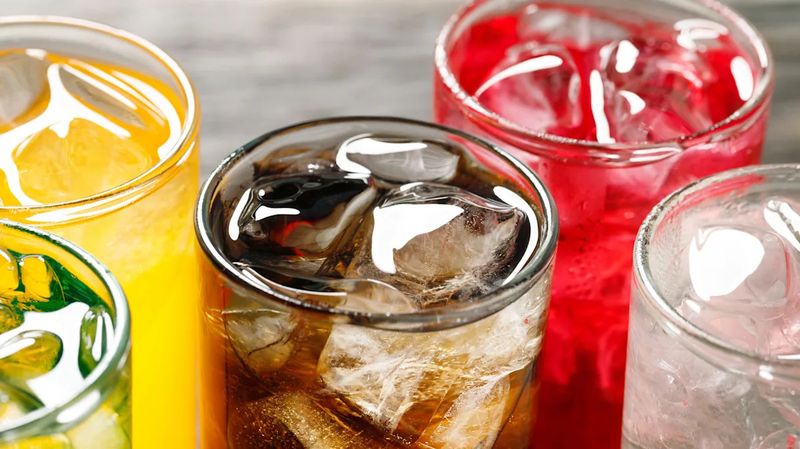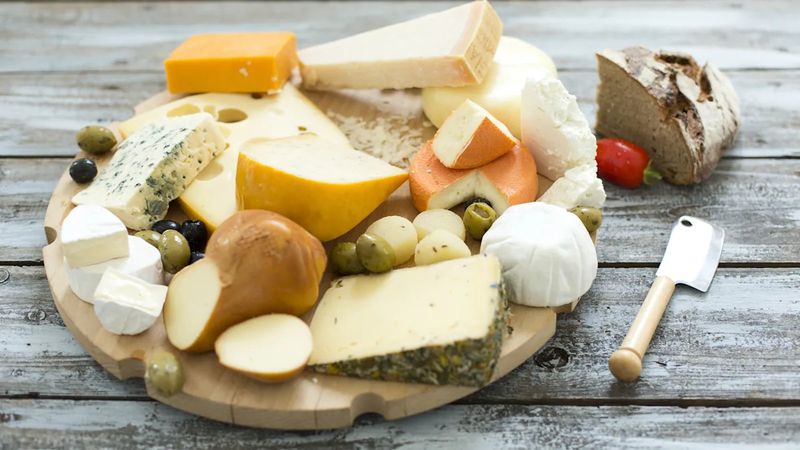American backyard barbecues are legendary gatherings where friends and families celebrate with mountains of food and drinks. But many favorite BBQ staples that Americans enjoy without a second thought would actually land hosts in legal trouble across borders.
From how our meat is processed to the chemicals in our sodas, other countries have stricter rules about what can end up on your plate. Get ready for a surprising tour of American BBQ favorites that would have international food inspectors reaching for their handcuffs!
1. Hormone-Treated Beef and Pork
Those juicy burgers sizzling on American grills might be pumped with something extra. U.S. farmers regularly use growth hormones to fatten livestock faster and produce more meat per animal.
The European Union banned these practices back in 1989. Their scientists worry about potential links between hormone residues and health issues like cancer and early puberty in children.
When Americans visit Europe, many notice the different taste of beef – that’s because European cattle are raised without these growth-promoting substances. The hormone-free approach costs more but prioritizes long-term health over cheap meat production.
2. Mountain Dew and Neon-Colored Sodas
The electric green Mountain Dew cooling in your BBQ cooler contains brominated vegetable oil and artificial colors that would raise red flags overseas. Yellow 5 and Red 40, common in American sodas, require warning labels in the EU.
Norway and Austria have outright banned these synthetic dyes after studies linked them to hyperactivity in children. Some American sodas must be completely reformulated with natural alternatives to be sold abroad.
The signature neon glow that makes these drinks pop at backyard parties comes from chemicals that many countries consider too risky for consumption. Manufacturers make different versions for international markets using natural colorings.
3. Processed American Cheese Slices
Those perfectly uniform orange squares melting on burgers wouldn’t legally qualify as “cheese” in France or Italy. American processed cheese contains emulsifiers, preservatives, and often less than 51% actual cheese.
European countries maintain strict definitions of dairy products. In Switzerland, anything labeled cheese must be made primarily from milk, with limited additives.
While not technically illegal everywhere, these slices would need different labeling – like “cheese food product” or “cheese preparation” – to be sold in many countries. Europeans often find these slices puzzling, wondering why Americans would choose them over real cheese when both are readily available.
4. Chlorine-Washed Chicken
The chicken wings marinating for your BBQ likely took a chlorine bath after slaughter. American poultry processors use chlorine washes to kill harmful bacteria that might develop during factory farming.
The European Union banned this practice in 1997. Their approach focuses on preventing contamination throughout the entire farming process rather than cleaning it afterward.
This transatlantic food fight has become a major trade dispute. Europeans worry chlorine washing might mask poor hygiene standards during raising and processing. When traveling abroad, Americans often notice chicken tastes different – that’s partly because of these contrasting safety approaches.
5. High-Fructose Corn Syrup BBQ Sauce
That sticky-sweet BBQ sauce coating your ribs probably contains high-fructose corn syrup (HFCS) – a sweetener cheaper than sugar but linked to obesity and diabetes. While not outright banned everywhere, many countries restrict HFCS or require special labeling.
Hungary taxes foods containing this sweetener. France limited HFCS in school cafeterias, and the UK requires warning labels on products containing it.
American brands often create separate recipes for international markets, replacing HFCS with cane sugar or other alternatives. The difference is noticeable – international versions taste less intensely sweet and have slightly different textures than their American counterparts.
6. Pink Slime Hamburgers
Some budget hamburgers at American cookouts contain what the industry calls “lean finely textured beef” – nicknamed “pink slime” by critics. This product is made by grinding beef scraps and fat, then treating it with ammonia gas to kill bacteria.
The European Union refuses to import beef treated this way. Canada also restricts this controversial ingredient, concerned about both safety and accurate food labeling.
After a 2012 media exposé, many U.S. school districts and fast-food chains stopped using it. However, it’s still legally allowed in ground beef without special labeling in America, meaning budget burgers at your neighborhood BBQ might contain this controversial ingredient without your knowledge.
7. Trans Fat-Laden Baked Goods
Those flaky biscuits and packaged desserts on the BBQ dessert table might harbor artificial trans fats. Created through partial hydrogenation of vegetable oils, these substances extend shelf life but raise “bad” cholesterol levels.
Switzerland banned artificial trans fats in 2008. Denmark, Austria, Hungary, and over 40 other countries followed with strict limits or outright bans.
While the FDA has taken steps to reduce trans fats in American foods, they still lurk in some products through loopholes in labeling requirements. A product can claim “0 grams trans fat” if it contains less than 0.5 grams per serving – small amounts that add up when eating multiple servings at a BBQ feast.
8. Nitrate-Loaded Hot Dogs
The hot dogs sizzling on American grills contain sodium nitrate and nitrite preservatives that give them their distinctive pink color and extended shelf life. These chemicals can form potentially carcinogenic compounds called nitrosamines when cooked at high temperatures.
Norway, Germany, and Austria have much stricter limits on these additives than the U.S. Some European countries require natural alternatives like celery juice (which contains natural nitrates) instead of the synthetic versions.
Many health-conscious American brands now offer “uncured” or “no nitrate added” options, though they often still contain those natural nitrate sources. The classic bright pink American hot dog would raise eyebrows from food inspectors in many parts of Europe.
9. Ractopamine-Treated Pork Ribs
Those succulent pork ribs might contain traces of ractopamine – a drug fed to pigs to promote lean muscle growth. American farmers love it because it produces more meat with less feed.
Over 160 countries – including China, Russia, and the entire European Union – have banned this drug due to concerns about its effects on human health and animal welfare. Studies suggest it may cause cardiovascular issues in humans and stress reactions in animals.
This chemical creates major trade headaches. U.S. pork producers often maintain separate ractopamine-free herds just for export. At your local BBQ, however, those ribs likely come from pigs raised with a substance most of the world has deemed too risky to consume.
10. Citrus Drinks with Brominated Vegetable Oil
Fruity citrus-flavored drinks in the cooler likely contain brominated vegetable oil (BVO) – an emulsifier that keeps citrus flavoring from separating. This chemical is actually a flame retardant that accumulates in fatty tissue.
Japan, the European Union, and India have all banned BVO from food products. Scientists worry about potential nervous system effects, as bromine compounds have historically been used as sedatives.
Following consumer pressure, some American beverage companies have begun phasing out BVO, replacing it with alternatives like sucrose acetate isobutyrate. However, many regional and store brands still use this controversial ingredient that would be illegal to serve at a BBQ in Tokyo or Paris.
11. Bleached Flour Hamburger Buns
Those perfectly white, fluffy hamburger buns stacked beside your grill likely contain flour bleached with chemicals like potassium bromate or azodicarbonamide. American bakers use these additives to strengthen dough and produce consistent results.
The European Union, China, and Brazil have banned these bleaching agents due to potential cancer risks. Azodicarbonamide, also used in yoga mats and shoe rubber, has been linked to respiratory issues in workers who handle it.
Many countries believe aging flour naturally achieves similar results without chemical risks. American bakers argue the trace amounts in finished products pose minimal risk, but other nations prefer caution, making those pristine white buns potentially contraband overseas.
12. BHA & BHT Preserved Potato Chips
The potato chips and packaged snacks on your BBQ table likely contain butylated hydroxyanisole (BHA) and butylated hydroxytoluene (BHT) – synthetic preservatives that prevent oils from going rancid. The U.S. considers them “generally recognized as safe” despite ongoing research about their effects.
Japan, Australia, and several European countries have restricted these additives. Some studies suggest they may act as endocrine disruptors or potential carcinogens at high doses.
Many international brands use natural alternatives like rosemary extract or vitamin E to preserve freshness. Americans traveling abroad sometimes notice subtle flavor differences in familiar snack brands – often because they’ve been reformulated without these controversial preservatives to meet stricter international standards.
13. Rare Hamburgers and Undercooked Meats
That juicy medium-rare burger flipped fresh off the grill would actually be illegal to serve in many public establishments throughout New Zealand, Japan, and parts of the European Union. These countries mandate that ground meat must be cooked to specific internal temperatures.
While Americans debate the merits of pink-centered burgers, other nations prioritize eliminating potential pathogens like E. coli and Salmonella. New Zealand restaurants can face hefty fines for serving undercooked ground beef.
The difference reflects varying approaches to food safety. American regulations focus on warnings and consumer choice, while other countries implement stricter preparation requirements. Your backyard BBQ cooking preferences might actually violate public health laws elsewhere in the world!
14. Artificially Colored Fruit Punches
The bright red fruit punch served to kids at American BBQs typically contains artificial dyes like Red 40 and Blue 1. These petroleum-derived colorings give drinks their vibrant appearance but have been linked to behavioral issues in children.
Norway and Austria have banned these synthetic dyes entirely. The UK requires warning labels stating these colors “may have an adverse effect on activity and attention in children.”
Many American parents remain unaware of these international concerns. Major U.S. manufacturers now produce separate formulations for overseas markets using natural alternatives like beetroot and turmeric. The fruit punch that’s a staple at American gatherings would need to be completely reformulated or carry warning labels to be legal at a British or Norwegian BBQ.
15. Raw Milk Cheese Platters
In a curious regulatory flip-flop, some artisanal cheese boards at sophisticated American BBQs might be perfectly legal in Europe but technically illegal in parts of the U.S. Raw milk (unpasteurized) cheeses aged less than 60 days cannot be sold across state lines in America.
France, Italy, and Switzerland consider young raw milk cheeses cultural treasures. Their regulatory approach focuses on hygiene standards during production rather than mandatory pasteurization.
This creates an unusual situation where Americans visiting Europe can legally enjoy cheeses that would be contraband back home. Meanwhile, Europeans visiting American BBQs might find our processed alternatives puzzling – a rare case where American food regulations are actually stricter than their European counterparts!
